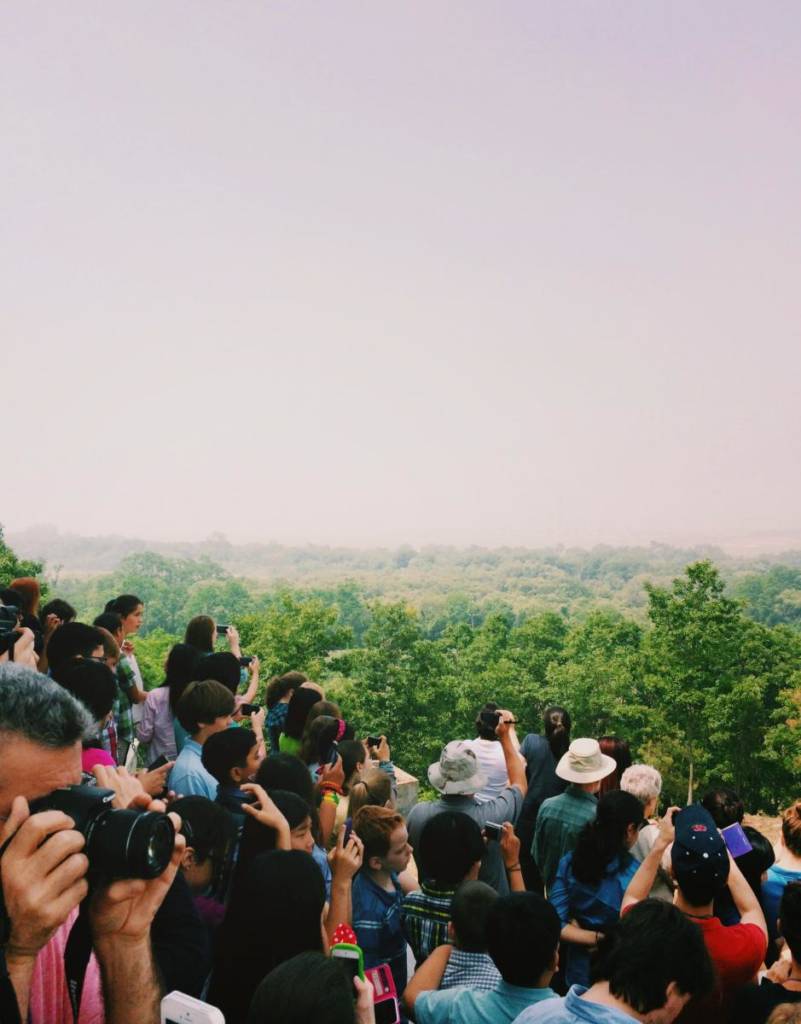
1. Seocho via Gangnam
My family and I are struggling along Teheran Road in Seocho-dong, Seoul, and it is my fault. I should have conducted us one stop farther to Gangnam Station, where the number ten exit would have deposited us in front of our destination, but we are disoriented by the city’s newness and haven’t yet learned the subway stations, nor do we know the banks and stores and restaurants piled atop each other in metallic high-rises footnoted by cafés and tea rooms and dessert shops. It is late May, nearly summer, when people punctuate meals with shaved ice covered with red bean jelly, rice cakes, diced fruit, grain powder, green tea, condensed milk, and ice cream for more richness. Humidity surrounds us and compresses our chests, though the forecast today says “mildly dusty.” Tomorrow, when it says “very dusty,” the sky adopts a yellowish tinge from pollution that Koreans claim drifts over from industrialized China. The passersby do not wear sunglasses, a strange omission for a country obsessed with pale and poreless complexions.






 To exist humanly, is to name the world, to change it. ~Paulo Freire
To exist humanly, is to name the world, to change it. ~Paulo Freire


